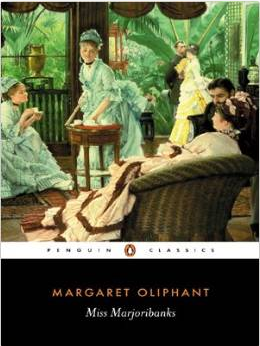 Best Book of the Week!
Best Book of the Week!
Rich but insolent Mr. Copperhead is hosting a ball. He has invited Lord and Lady Dorset and the Misses Dorset along with their cousin, Ursula May. It is Ursula’s first ball, and she is happy to dance three times with Clarence Copperhead. She also admires from afar the popular girl dressed in black.
That girl is Phoebe Beecham. Phoebe is the daughter of Reverend Beecham, the dissenting pastor of Crescent Chapel, outside London. Her mother was Phoebe Tozer, daughter of the butterman who featured heavily in Salem Chapel. After Phoebe Tozer married the pastor, she was thought by her peers in Carlingford to be putting on airs, so the Beechams moved to London and brought up Phoebe Junior as a fashionable and proper young woman.
Phoebe Junior has met her Tozer relatives only occasionally, because the Beechams have kept her away, so she does not know what to expect when she travels to Carlingford to care for her ailing grandmother. She is shocked and dismayed at her grandparents’ vulgarity but determined to do her duty.
Ursula also lives in Carlingford. She is the oldest of motherless children, the daughter of Mr. May, the incumbent of St. Roque’s. When we meet the Mays, Mr. May is trying to force his son Reginald to take a position at the College, caring for the welfare of poor old men. Reginald is high minded and doesn’t want to take what he sees as a sinecure with no duties. But Mr. May is extravagant with money and sees the position as an expense off his hands.
At a meeting, Mr. Northcote speaks against the established church and uses Reginald’s sinecure as an example of its abuses, naming the Mays. Knowing that Reginald will refuse the position if he hears, Mr. May forces him to make a decision. Oddly, Reginald and Mr. Northcote meet as enemies but become friends.
Ursula also befriends Phoebe when she meets her on Grange Lane. Grange Lane is no longer what it was. Now it is peopled mostly by old folks, and the location is not as desirable. So, both girls are happy to have a neighbor of the same age.
When Clarence Copperhead arrives to be Mr. May’s pupil, a cheerful set of unlikely young friends develops. But underneath the gaiety, Mr. May’s mishandling of money is brewing a disaster.
I really enjoyed this last novel in the Carlingford Chronicles, about how good and generous feelings can overcome prejudices in class and religion. Phoebe Junior is a redoubtable heroine and Ursula a naive and good one. I have finished the Carlingford novels but will continue to read Oliphant.




